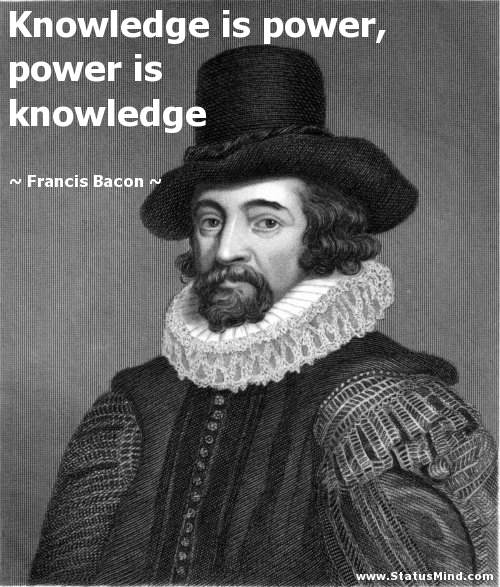The Power To Predict Can Give B2B Marketers An “Unfair Advantage”
When Sir Francis Bacon, coined the aphorism "Knowledge is power", he didn’t foresee a 21st century where technology and data science would more automatically and immediately turn knowledge into insight. Today, the phrase “Prediction is Power” may be more appropriate.
My colleague Mike Gualtieri works with applications developers and has been looking at the power that predictive analytics can infuse into a myriad of business applications these developers may encounter.
What I found interesting about his recent research is that he chose a marketing example (Figure 1, subscription required) to demonstrate this power.
At Forrester, we define predictive analytics as:
Techniques, tools, and technologies that use data to find models — models that can anticipate outcomes with a significant probability of accuracy.
Think about it! If anyone could consistently and accurately predict the future, then they would never make a bad business decision. And I think marketers – due to the nature of our profession – suffer more acutely from the need to make decisions where we can’t always anticipate the outcome with hardly ANY degrees of accuracy. It’s marketing that John Wannamaker lamented when he talked about not knowing which half of his advertising dollars were wasted, right?
Predictive models can be very powerful and profitable, even if they just give you a small edge in determining which option to choose or path to take. Mike shows that by using a predictive model to narrow an audience (and reduce direct mailings from 1M to 200K) and to increase message relevance (and improve response rates by a modest 2%), direct marketers can achieve a nearly 6-fold increase in profitability on one hypothetical campaign. Now that's an advantage – unfair or not!
This is the power that predictive analytics promises and why it is catching on among B2B marketers. And why 6sense, one of the emerging vendors helping B2B marketers turn analytics promise into payoff, asked me to comment on what I’m seeing. Here’s a summary of our discussion:
6s: What are the top ways B2B marketers can benefit from analytics and predictive tools?
LR: In my recent report, I talked to top marketers, emerging vendors, and their customers about using predictive analytics in business marketing. These pioneers, who use terms like “early stage,” “nascent,” and “just adopting,” paint a picture of an emerging market of companies that leverage leading practices focused on lead scoring and conversion.
While limited in scope and track results today, these early experiments show that predictive analytics can increase list targeting precision; predictive algorithms help winnow out poor prospects and pay list suppliers only for the contacts that fit their exact requirements. Predictive tools and approaches can expose early-stage problem-discovery behavior.
By looking at the data prospects throw off as they research problems and new ideas, B2B marketers can tap into this data bounty to reveal hidden information about buyers’ interests, business relationships and backgrounds even before they visit their websites or provide any identifying information.
They are evolving lead scoring from intuitive to scientific by identifying the specific combination of behaviors and fit characteristics that make a lead more promising to pursue.
And they are helping salespeople add value when conversing with customers and turning sales into a valued resource rather than a basic order taker.
——————-
If you’d like, you can read more about our discussion here. Or, better yet, join me at their INmarket conference next week in San Francisco when I talk about “How Analytics Help B2B Marketers Thrive In The Age Of The Customer,” on July 8 at the Four Seasons Hotel. Hope to see you there!
